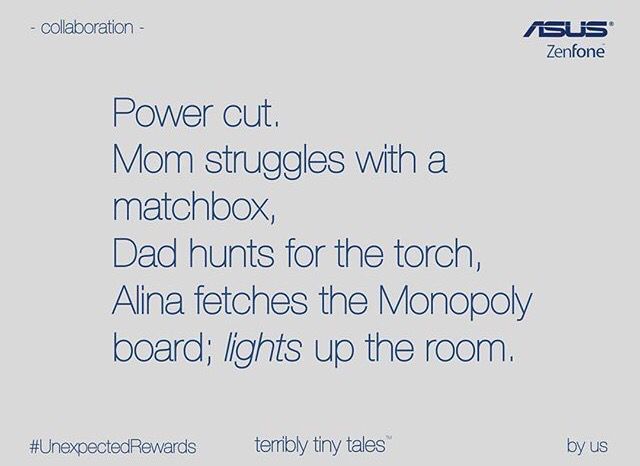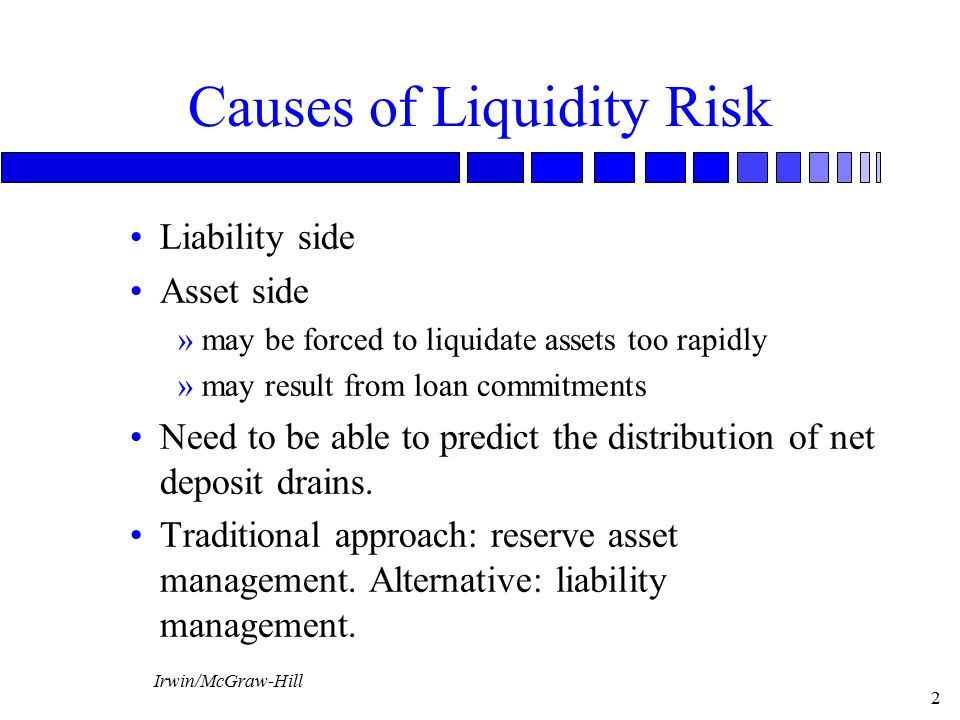Contents:


In this case, the borrower still owns the securities but grants the lender a security interest in the securities until the loan is fully repaid. Hypothecation is commonly used in mortgage lending, where the property being purchased serves as collateral for the loan. The mortgage lender will have a security interest in the property until the loan is fully repaid, at which point the borrower will own the property free and clear.
The cash credit score limit is meant to be equal to the working capital requirement of the corporate less the margin funded by the company itself. Unsecured loans, however, do not work with hypothecation since there is no collateral to assert within the event of default. So hypothecation matters to borrowers because it signifies which of their assets a lender can repossess in the event of default or monetary misery.
Loans
Because in the registration document of property a entry is made showing the charge on asset in favor of lender. It means to keep one’s immovable possession as collateral, usually a house, in return of a loan. This is done by signing official loan agreement, with clear mention of the house or property being mortgaged against the loan. This type of loan is called a secured loan since the house is used to secure funds. The house, then, stays with the lender or the lending institute for the duration till which the borrower repays the loan.
It is estimated that only $1 trillion of unique difference between mortgage and hypothecation was being used, which means that collateral was being rehypothecated several instances over, with an estimated churn issue of 4. Re-hypothecation happens when the creditor (a financial institution or broker-vendor) re-uses the collateral posted by the debtor to back the broker’s personal trades and borrowing. Sometimes consumer goods and business gear may be bought on credit agreements involving hypothecation – the goods are legally owned by the borrower, however once once more the creditor can seize them if required. Hypothecation is a way in which the borrower can raise funds by providing movable security as collateral. The borrower still gets to use it since the possession usually remains with the borrower himself.
It is very important to know here that a Home Loan is disbursed successively as the construction of the house progresses. The instrument by which the hypothecation takes effect is called the hypothecation deed of the hypothecation agreement and in the case of pledge, it is called the Contract of pledge or pledge agreement. In case of hypothecation, the lender has the ownership rights of the property. Whereas, in the case of a mortgage, ownership remains with the mortgagor.
Domain name in the world of intellectual property
You understand and acknowledge that Aditya Birla Money Limited (‘ABML’), Aditya Birla Finance Limited (‘ABFL’) and Aditya Birla Sun Life Asset Management Company Limited and trustees and sponsor of Aditya Birla Sun Life Mutual Fund (‘ABSLMF’) are group companies and ABML / ABFL also acts as a distributor of ABSLMF. Any recommendation or reference of schemes of ABSLMF if any made or referred on the Website, the same is based on the standard evaluation and selection process, which would apply uniformly for all mutual fund schemes. You are free to choose the execution facilities in the manner deemed fit and proper and no commission will be paid by ABSLMF to ABML / ABFL if you choose to execute a transaction with ABSLMF on the Website, unless otherwise agreed by you and ABML/ABFL separately. Information about ABML/ABFL, its businesses and the details of commission structure receivable from asset management companies to ABML/ABFL, are also available on their respective Website. Upon any change, the updated Terms of Use will be updated on the Website or any other means. Your continued use of the facilities on this Website constitutes acceptance of the changes and an Agreement to be bound by Terms of Use, as amended.
- Among the most distinguishing documents between a personal loan and loan against property is the requirement of property documents.
- There is no warranty or representation that a user in one region may obtain the facilities of this website in another region.
- In case there is default by the borrower, the pledgee has a right to sell the goods in his possession and adjust its proceeds towards the amount due (i.e. principal and interest amount).
- Pledge is used when the lender takes actual possession of the asset pledged.
This Website is provided to you on an «as is» and «where-is» basis, without any warranty. Any access to information hosted on third party websites of billers/banks/merchants/ABC Companies etc. is not intended and shall not be treated as an offer to sell or the solicitation of an offer to buy any product/offering of these ABC Companies or third parties. In a broad sense, the term ‘mortgage’ represents an agreement based on which a Bank, building society or a lending institution lends money at interest.
Loan Against Mortgage Of Immovable Property — Personal Banking
Hypothecation of a movable asset does not involve giving up ownership rights like title or possession. However, a deed of hypothecation grants the lender a right to seize the asset when the borrower’s fails to meet the terms of the deed. A deed of hypothecation is required to fix the terms upon which the borrower and lender agree to the hypothecation of a movable asset against a loan. The deed ensures that the parties are aware of their rights and liabilities and have a document which can be enforced in a court of law. Hypothecation generally means a fixed or floating charge on certain types of immovable properties and tangible movable properties, whether existing or future, which is created by a security provider in favour of a lender without actual delivery of possession of the underlying asset to the lender.
Bank doesn’t keep the stocks with itself, however, the inventory will be hypothecated. In this case, neither possession nor ownership of stocks is transferred to the lender/ banks. Among the most distinguishing documents between a personal loan and loan against property is the requirement of property documents.
The tenure of a mortgage is more as the loan is more but for hypothecation, the tenure is less as the loan amount is also less. Mortgages typically require a down payment, which is a portion of the purchase price paid by the borrower upfront. The size of the down payment can vary depending on the lender and the type of mortgage, but it is generally between 3% and 20% of the purchase price. Company A is a telephone manufacturer and operates a manufacturing facility where the corporate invests cash to buy uncooked materials to convert them into finished goods. LTV Ratio will be calculated based on Valuation Report not more than 3 months old. Further, for loans of Rs. 1 crore& above and also for loans below Rs. 1 crore where the Market Value based on Valuation Report is more than 20% of the Guidance Value, two valuation reports should be obtained.
Thus, it is collateral against the financial risk that is taken by the lender. In case the borrower is unable to repay the loan, this mortgaged property is automatically transferred to the lender. “a charge in or upon any movable property, existing or future, created by a borrower in favour of a secured creditor without delivery of possession of the movable property to such creditor as a security for financial assistance and includes floating charge and crystallization such charge into fixed charge on movable property”. Security is taken generally to make certain that bank is able to secure repayment of loan when operations collapse. However, security may also be taken to prevent third parties to deal with the assets.
This agreement is made in exchange for holding title of the debtor’s property. Mortgage, Pledge and Hypothecation are different terms that are used to create a charge on the assets which is given by the borrower to the lender. In hypothecation, the debtors have the right to sell or dispose-off the hypothecated current assets in the ordinary course of business without prior permission of the lender. Also there is no obligation to pay off the dues first to dispose-off such goods until the floating charge is crystalized into fixed charge.
A mortgage loan usually takes less time to process as the lenders only have to verify the property’s current market value and rightful ownership. On the other hand, a home equity loan might take longer as the lender has to derive the net value of the property by finding its current market value and the existing obligation standing against it. After the expiry of 60 days the bank can take possession of the secured assets of the borrower including the right to transfer by way of lease, assignment or sale for realising the secured asset . All the rights of ownership pass from the transferor to the transferee in a sale (s. 54).
Secured Lending Comparative Guide — — India — Mondaq News Alerts
Secured Lending Comparative Guide — — India.
Posted: Wed, 11 Jan 2023 08:00:00 GMT [source]
In the case of hypothecation, the charge created is the equitable charge. The concept of hypothecation is defined in Section 2 of SARFAESI ACT 2002. Stamp duty is usually paid in the state where the property is registered/mortgated (not related to company regd. office location). This clause contains the list of securities to be hypothecated by the borrower to the lender. Section 172 of the Indian Contract Act,1872 which means bailment of goods like gold as a security for the performance of a promise or for payment of a debt.
Hypothecation comes into the picture when an asset is pledged as collateral to secure a loan. Income generated by the asset such as title, possession or ownership rights, etc is not given up by the owner of the asset. However, if the terms of the agreement are not met, the lender can seize the asset. The hypothecation deed is an agreement which contains standard features and rules.
What are uses of a loan against property?
Now, as you know about mortgage vs loan, assess your requirements and repayment capability. Bajaj Finserv brings various types of Loan Against Property to meet different purposes of borrowers. Ensure to meet theloan against property eligibilitycriteria and apply for the secured loan online through the application form. Ltd. is having its registered office in Maharashtra and having presence in multiple states having different GSTIN of each state. However with respect to Hypothecation which is collateral to the primary security — have presence in other states as well. Due to different stamp duty in different states with respect to Hypothecation.

There is a risk that the value of the assets pledged as collateral may decline, leaving the lender with insufficient collateral to cover the loan. Hypothecation can be a flexible way for borrowers to raise capital, as they can pledge different assets as collateral for different loans. Hypothecation allows borrowers to retain possession and use of their assets while they are pledged as collateral. The difference between Pledge and Hypothecation lies in their methods of collateralization. While they are both used to secure a loan, they are utilized differently. Pledge involves the physical transfer of an asset to the lender as security, while hypothecation allows the borrower to use the asset as collateral without transferring its physical possession.
The information is dependent on various assumptions, individual preferences and other factors and thus, results or analyses cannot be construed to be entirely accurate and may not be suitable for all categories of users. Hence, they should not be solely relied on when making investment decisions. Your investment or financial decision shall always be at your own discretion and based on your independent research; and nothing contained on the Website or in any information would construe ABCL/ABC Companies or any of its employees/authorized representative as having been in any way involved in your decision making process. Any information and commentaries provided on the Website are not meant to be an endorsement or offering of any stock or investment advice. Your right to use the facilities is personal to you; therefore, you agree not to resell or make any commercial use of the facilities.
Arranging hard money trust deed mortgages — first tuesday Journal
Arranging hard money trust deed mortgages.
Posted: Tue, 27 Dec 2022 08:00:00 GMT [source]
The difference between Pledge and Hypothecation is that pledge involves the physical transfer of the asset, whereas hypothecation does not require such transfer. Hypothecation allows the borrower to retain possession and use of the asset, while the lender has a right to the asset in the event of default. Both methods have their own advantages and disadvantages and must be carefully considered before making a decision. The borrower in a hypothecation arrangement keeps possession of the asset and can continue to use it, while the lender has a legal right to the asset if the borrower defaults on the loan.
Borrowers have to provide their house documents when availing mortgage loans. These documents stay with the lender until and unless the loan is repaid in full. However, the ownership of the property remains with the borrower during the tenure.
In other words, hypothecation is a mode of creating a security without delivery of title or possession. Both, ownership of the movable property and possession thereof, remain with the debtor. The creditor has an equitable charge over the property and is given a right to take possession and sell the hypothecated movables to recover his dues. The creditor may also have the right to claim payment from the sale proceeds. Hypothecation means offering an asset as collateral security to the lender. The ownership lies with a lender, and the borrower enjoys the possession.